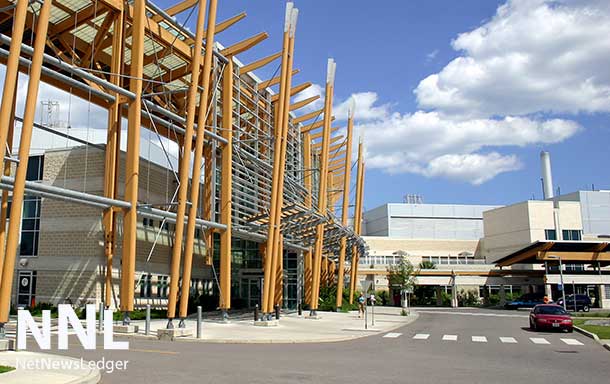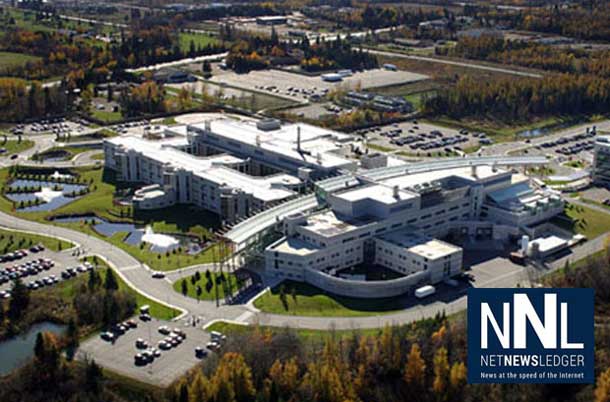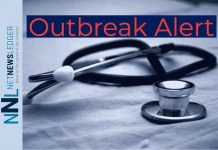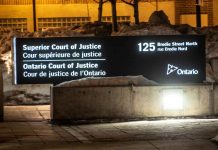
THUNDER BAY – HEALTH – The Thunder Bay Regional Health Sciences Centre (TBRHSC) and the Northwestern Ontario Regional Stroke Network (NWORSN) today announced the launch of a new Regional Stroke Unit. Patient care on the 12-bed unit is provided to acute stroke patients across the region by members of an interdisciplinary Stroke Team specially trained in providing care to stroke patients.
“Our goal at the Northwestern Ontario Regional Stroke Network is to improve access to evidence-based prevention and care in order to reduce stroke incidence, mortality, and disability for patients across Northwestern Ontario,” said Dr. Ayman Hassan, Neurologist and Medical Lead, Stroke and Neurology Service at TBRHSC. “To that end, the Cardiovascular & Stroke Program at Thunder Bay Regional Health Sciences Centre is pleased to announce this exciting enhancement to stroke patient care in Northwestern Ontario.”
Dedicated stroke unit care follows the latest Health Quality Ontario recommendations. Evidence demonstrates that dedicated stroke unit care significantly improves patient outcomes; results in shorter hospital length of stay (LOS); reduces the likelihood of requiring long-term care; and is patient-centred and cost-effective.
“We know that stroke is a significant contributor to mortality and morbidity in Ontario, particularly in our region,” said Dr. Mark Henderson, Interventional Cardiologist, and Executive Vice-President, Patient Services at TBRHSC. “So we are very excited that Northwestern Ontario stroke patients can now receive care in a dedicated stroke unit by health care professionals specially trained in stroke care.”
According to the Ontario Stroke Network, early access to a stroke unit is an effective, proactive approach that saves lives and improves patient outcomes. Patients who receive stroke unit care are more likely to survive, return home, and regain independence as compared to those who receive less organized conventional care.
Previously, stroke patients received care on the 2A Medicine unit with “floating” stroke beds and all 2A staff and NRT participating in their care.
Patient Family Advisors (PFAs) were extensively involved in the development of the new Regional Stroke Unit, from the design of the space, patient education materials, and the care pathway for patients.
“Developing a service such as the Regional Stroke Unit with the consultation, input, and perspective of patients and families, who have experienced such care, only serves to improve our services,” said Dr. Hassan.
“As a Patient Family Advisor, I can tell you that the new regional stroke unit is another example of this organization’s commitment to Patient and Family Centred Care,” said Paul Carr, Patient Family Advisor. “I’m excited about this initiative and how it will benefit stroke patients throughout the region.”







